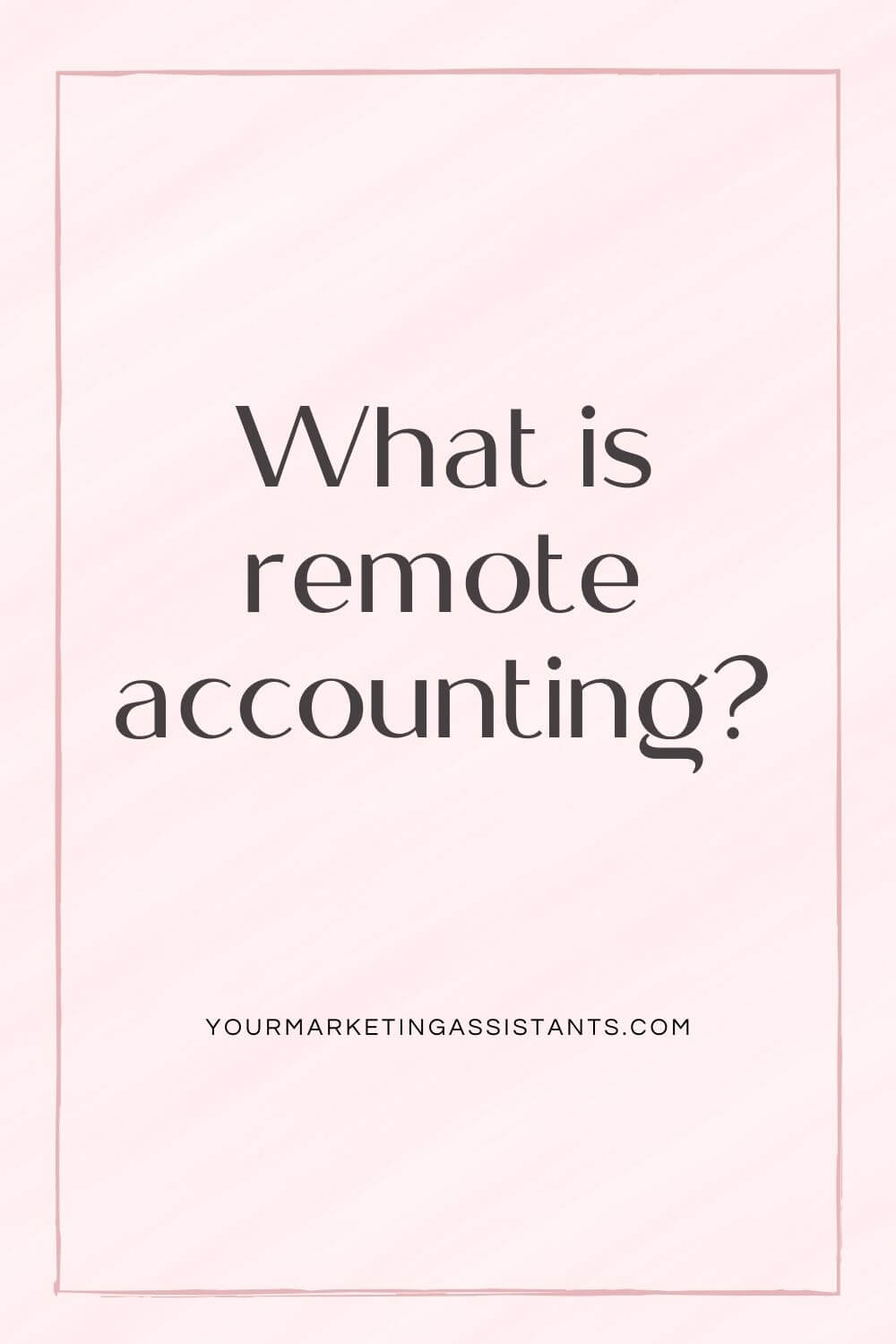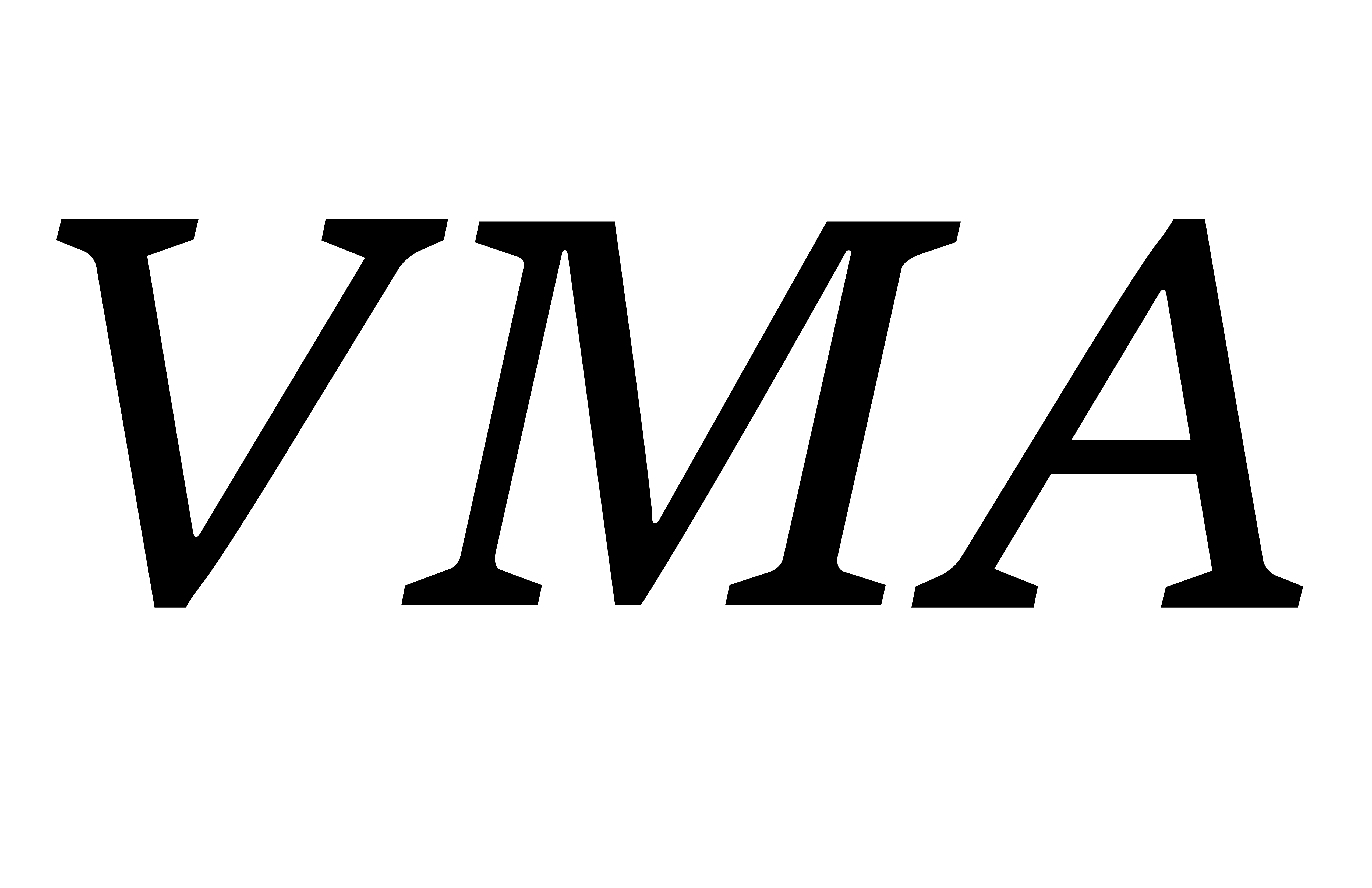If you run a small online business, you may be wondering if hiring a virtual accountant is the right move for your company. After all, there are many benefits to working with someone remotely. With remote accounting, you can get all the benefits of having an accountant without having to worry about hiring someone in-house
So, what is remote accounting? Essentially, it is the process of managing financial records and financial transactions from a distance. This can be done via the internet or email.
Remote accounting is the process of keeping financial records and performing accounting tasks remotely, usually via the internet. This type of accounting is often used by small businesses and startups that don't have the resources to hire an in-house accountant or bookkeeper and need help with their Bookkeeping process.
Was this helpful? Pin it for later!



What is a virtual accountant?
A virtual accountant is a bookkeeper or an accounting professional who provides their services remotely, usually online.
Virtual accounting services can include bookkeeping, preparing and filing taxes, financial consulting, and more. Many virtual accounting firms offer a la carte services so that you can pick and choose which ones you need, and some even offer monthly packages.
If you're thinking about hiring a virtual accountant for your business, be sure to ask about their experience, qualifications, and rates. You'll also want to make sure that they're a good fit for your business by asking about their communication style and availability.


How do you know if you need a bookkeeper?
If you run a small business, there are a few signs that may indicate that it's time to hire a bookkeeper. For example, if you're struggling to keep up with your financial records or if you're consistently missing deadlines, it may be time to outsource this task.
Other signs that you may need to hire a bookkeeper include if you're spending too much time on administrative tasks, if you're not sure how to properly file your taxes, or if you're not comfortable dealing with financial matters.
If you can relate to any of these situations, then you may want to consider hiring a bookkeeper.


What does a remote bookkeeper do?
A remote bookkeeper can provide a number of services to help businesses with their finances. This can include preparing and maintaining financial statements, preparing tax returns, and providing advice on financial matters.
Bookkeepers can help businesses keep track of their income and expenses, reconcile bank statements, and prepare financial reports. They can also help with budgeting and forecasting, and provide advice on how to improve business financial management.
Remote bookkeepers can also provide virtual assistant services, such as scheduling appointments and managing customer contact information. This can be a valuable service for businesses that don't have the time or resources to handle these tasks themselves.
Outsourcing bookkeeping services can be a great way to free up time so that business owners can focus on other aspects of their business. It can also help businesses save money on labor costs.


Can a bookkeeper work remotely?
Yes, bookkeepers can definitely work remotely! In fact, many bookkeepers and virtual accounting services cater to clients who are based in different locations.
One of the great things about working with a remote bookkeeper is that they can usually offer more flexible hours than an in-person bookkeeper. This can be really helpful if you have a busy schedule or need to meet with your bookkeeper outside of normal business hours.
If you're considering working with a remote bookkeeper, be sure to ask about their experience and whether they're familiar with the accounting software you use. You'll also want to make sure that they're comfortable communicating via phone, email, or video chat.


Is a bookkeeper cheaper than an accountant?
The cost of hiring a bookkeeper or an accountant will depend on a number of factors, including their experience, qualifications, and the services they offer. In general, bookkeepers tend to be less expensive than accountants.
However, it's important to remember that you get what you pay for. So, if you're looking for someone to do your taxes or provide financial consulting, you'll likely need to hire an accountant.
When deciding whether to hire a bookkeeper or an accountant, be sure to ask about their rates and services. You'll also want to consider what you need from them and whether they're a good fit for your budget.


What is the difference between a bookkeeper and an accountant?
The main difference between a bookkeeper and an accountant is that an accountant has more training and education in accounting and finance. An accountant can provide businesses with tax advice, help with financial planning, and prepare financial statements. A bookkeeper generally provides more basic services, such as maintaining financial records and preparing reports.
While both bookkeepers and accountants can provide valuable services to businesses, it's important to choose the professional that is best suited to meet your specific needs. If you're not sure which type of professional would be a good fit for your business, it's a good idea to speak with both an accountant and bookkeeper to get their recommendations. (Feel free to contact us if you need help with this)


Which accounting software is best?
There is no one-size-fits-all answer to this question, as the best accounting software for your business will depend on a number of factors, including the size and nature of your business, your bookkeeping needs, and your budget. However, there are a few general tips that can help you choose the right accounting software for your business:
- First, consider the size of your business and your bookkeeping needs. If you have a small business with simple bookkeeping needs, you may not need a complex accounting software package. On the other hand, if you have a large business or complex bookkeeping needs, you'll need an accounting software package that can handle those needs.
- Second, consider your budget. There are a variety of accounting software packages available, ranging from free options to very expensive enterprise solutions. Choose the package that fits your budget and your bookkeeping needs.
- Third, make sure the accounting software you choose is compatible with your other business software.
- Finally, take some time to try out the software before you commit to it. Many accounting software packages offer free trials, so you can test out the features and see if it's a good fit for your business. Once you've found the right accounting software, you can bookkeeping with confidence, knowing your finances are in good hands.


What is the easiest accounting system to use?
There are a few accounting systems that are generally considered to be easier to use than others. For businesses with limited bookkeeping experience or budget, cloud-based accounting software like FreshBooks or Wave Accounting may be a good option. These programs are designed to be user-friendly and offer a wide range of features to help you manage your financial information.
For businesses with more complex bookkeeping needs, an online accounting system like Xero or QuickBooks Online may be a better fit. These programs offer a more comprehensive set of features and allow you to connect with bookkeepers or accountants for assistance.
Ultimately, the best accounting system for your business will be the one that meets your specific needs and allows you to effectively manage your finances. If you're not sure which system is right for you, it's a good idea to speak with an accountant or bookkeeper to get their recommendation. (Feel free to send us an email if you need help with this)
Remote Accounting: The Benefits of Hiring a Virtual Accountant for Your Business
There are many benefits of hiring a virtual accountant for your small online business. Perhaps the most important benefit is that virtual accounting services can save you a great deal of time and money.
1. A virtual accountant can provide expert advice on financial matters, such as tax planning and budgeting.
2. A virtual accountant or bookkeeper can help you stay organized and keep track of your financial transactions, which can save you time and money.
3. A virtual accountant can help you avoid penalties and interest charges by ensuring that your financial records are up-to-date.
4. A virtual accountant can offer peace of mind by taking care of your bookkeeping and accounting needs, so that you can focus on running your business. This can be invaluable for small business owners who may not have the time or expertise to deal with these matters themselves.
5. Small business owners have a lot on their plate. In addition to running their business, they also have to keep track of their income and expenses. This can be a lot for one person to handle, which is where a virtual accountant comes in.
A virtual accountant can help small business owners keep track of their income and expenses, as well as prepare tax returns and financial statements.


What is included in our remote accounting services?
- Records of monthly transactions (monthly accounting)
- Reconciliation of bank statements (Balance Sheet, Profit and Loss, Cash Flow Statement)
- Preparation of the Financial Statements:
- Maintenance of financial records.
- Reconciliation of all the balance sheet accounts.
- Monthly Trial Balance.
- Relation of Expenses and Income by categories.
- Bookkeepers on our team are university-educated with accounting degrees.
So, if you're ready to take the next step in growing your business, contact us today to learn more about our remote accounting services. We'll be happy to answer any questions you have and help you get started.
Was this helpful? Pin it for later!





Mi nombre es Marlin. Después de trabajar en el mundo corporativo por 13 años empecé a emprender online con distintos proyectos. Este que ves hoy, se trata de mi primer Blog donde escribo sobre asistencia virtual y distintas herramientas para emprendedores. Espero que lo disfrutes 🙂

